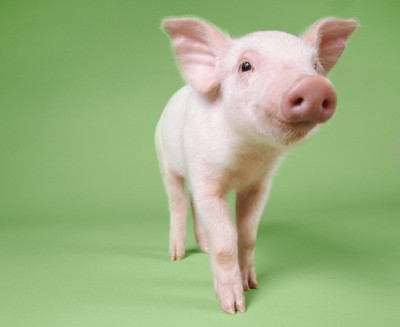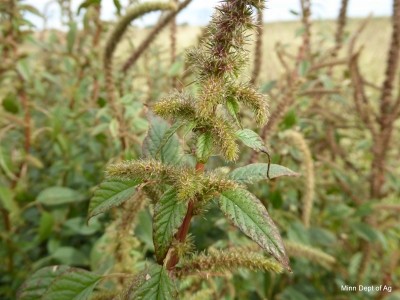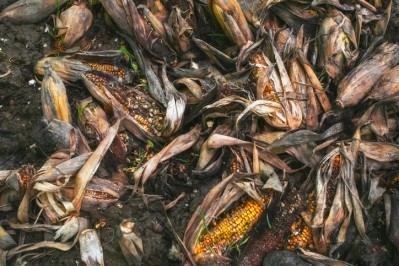Trouw organic acid research aims to support industry shift away from antibiotic use

Juan Antonio Mesonero Escuredo, global program manager for swine gut health at Trouw Nutrition, talked about the impact of organic acids on technical performance and microbiota in swine during the American Association of Swine Veterinarians (AASV) annual meeting earlier this spring.
“What we presented was more or less the most recent studies about the mode of action of our organic acids,” he told FeedNavigator.
Producers, globally, are implementing antibiotic reduction programs, and pig farmers are looking for alternative strategies to improve production, while controlling microbes that can be detrimental to swine health and performance, said Mesonero Escuredo.
While organic acids are increasingly seen as a viable option, many questions remain about how exactly they work to inhibit microbial growth and what measurable impacts organic acids can have on performance. Trouw Nutrition claims its research shows significant improvements associated with the use of organic acids.
Three trials with weaned piglets were summarized in a poster presentation at AASV.
“The first and the second study were focused on reducing the use of antibiotics and the third one was to understand how [organic acid supplements] work at the intestinal level,” said Mesonero Escuredo
The first trial was done to test piglet performance while reducing antibiotic growth promoters (AGPs) in combination with a drinking water additive. A second study evaluated piglet performance while completely replacing AGPs with the additive. The third trial explored the potential to address the bacteria, Streptococcus, without relying on an antibiotic.
All three trials found that average daily gain, daily feed intake and the feed conversion ratio improved for piglets getting the organic acid supplement, when compared to those on the control diet, reported Mesonero Escuredo. The third trial showed a clear reduction in Streptococcus, he said.
It remains important to explore the differences in the use of organic or inorganic acids and the kinds of molecules involved, the dynamics and the kinetics, he said
“The dynamics is how that molecule works in the animal and the kinetics is how it is absorbed and excreted – the pathway through the animal.”
The size of the molecules may influence dosage or interaction with fatty acids or produce different anions with different characteristics on pharmacodynamics, he added.
Looking forward
There are still questions, however, to be answered regarding the use of organic acids in swine diets and how they interact with pigs at the intestinal level, said Mesonero Escuredo.
“We have [another] project on the mode of action – we want to our further understanding, see what we can do with the different molecules and maybe getting new ones,” he said. “We’re evaluating some known molecules in other applications, not only at the intestinal level, and we’re developing new products that will help us in the reduction of use of antibiotics."
The company will also be looking at feed preservation, feed quality in terms of applications, pellet quality and mycotoxin control, he said.
And it will carry out further work to evaluate intestinal pathogens and how the animal's immune system responds, he added.
“We want to understand what is happening in a population of animals without an invasive technique and then be able to build a tailor-made model,” he said.
The company has also been looking at how additives and vaccines can be combined, said Mesonero Escuredo. “When we combine some feed additives with vaccinations the response is much, much better,” he said.















